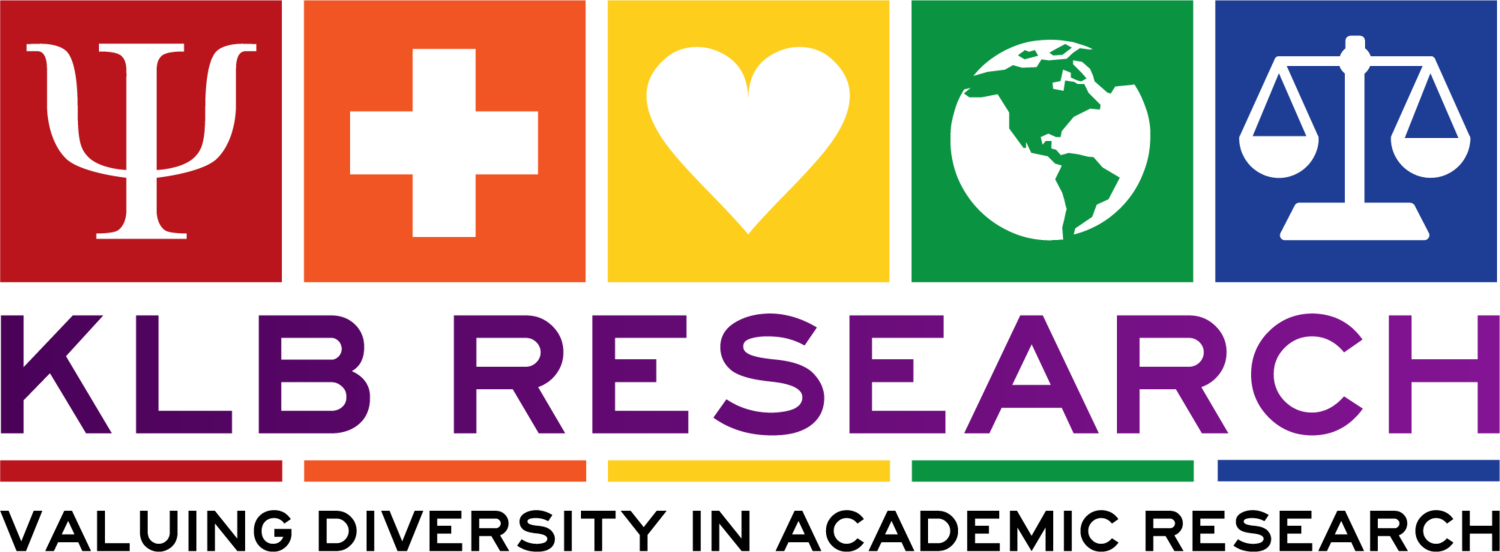I must admit, I have been wanting to have a blog of my own for sometime and I have been suffering from blog envy for quite a while. A good number of my colleagues and friends have wonderful blogs and columns. Amy Muise has her enticing Sex Musings, Jocelyn Wentland’s witty blog is called Sex Research and the City, Justin Lehmiller covers all things to do with Human Sexuality, Sarah Vannier is a frequent contributor to the Brunswickian, and even my fianceé contributes to the blogosphere with writings on Femme-inism (sic), Femmephobia, Fitness, and Protein Recipes! This list is just scratching the surface of of the blogs of people I know, let alone the blogs of everyone I don’t know! Thus, I have been plagued by questions like “What is there left to blog about?” and “What would my niche be?”
To be perfectly honest, I haven’t really answered those questions for myself yet, but I have come to the conclusion that I do at least have a few topics that I think I can cover that I do not see being covered in great detail in other places. To this end, I have decided that I will focus my posts on two main topics (although, knowing me, I’m probably going to digress - like I just did - and end up touching on other topics as well). BUT.... with the goal of being focused, the two topics I propose to cover are:
- LGBTQ Psychology is an exciting and emerging field of psychological research and practice that seeks to include individuals of all sexual and gender identities. Sometimes the research in this field aims to specifically answer a question about the lives and experiences of lesbian, gay, bisexual, trans gender and/or queer individuals, and at other times, the research in this field aims to advocate for the greater inclusion of LGBTQ experiences and individuals in all psychological research. Under the umbrella of LGBTQ Psychology are such topics as same-sex relationships, same-sex sexuality, sexual fluidity, LGBTQ health, gender identity, gender expression, and also experiences of discrimination, homonegativity, homophobia, femmephobia, transphobia, heterosexism, and cissexism (to name but a few). The majority of my own research is related to LGBTQ Psychology, giving me mountains of data (provided by the wonderful KLB Research Participants) to dig through and find interesting stories to share (oh yea, and publish, right... publish, publish, publish..... publish or perish).
- Conducting online research is becoming more and more popular every day, especially in the social sciences where we love to conduct surveys (over and over and over again)! Despite the growing popularity, there are still many questions about how to “best” conduct online research, what programs/software/websites to use, understanding the concerns of ethics boards, how and where to recruit participants, and how to most closely mimic some of our traditional “in-lab” procedures. Having conducted online studies for the better part of a decade, I have become somewhat of a guru on the matter - provided that “guru status” can be accurately measured by the number of questions and cries for help that I receive on a weekly - or sometimes, daily - basis. So if you’re wondering where to begin with conducting an online project, or if you’re attempting to take your online research to the next level, I hope that I will be able to help!
- Three? Three - why is there a third number on this list if she said she was going to cover two topics? Either I am horrible at counting (a distinct possibility), I’ve already digressed from my stated plan of action (an even greater possibility) or this third point refers to the combination of the two areas above. Although LGBTQ Psychology and Online Research may seem like quite unrelated topics, they actually cross each other’s paths on a fairly regular basis. Online Research can be a great way to study the LGBTQ population, as it provides access to a greater number of participants (the world is literally your oyster - okay, not literally), and it also provides participants with a greater level of anonymity (or at least it can when you follow the proper procedures) - and that is something that can be important to individuals who may not be open enough about their sexuality to come visit your research lab ... in the deep south ... during protests against same-sex marriage... I digress! Suffice to say, sometimes these topics will converge and I’ll write about how to recruit LGBTQ individuals for your online study, or how to create the most effective systems of branching within your survey so that that you can create the most enjoyable, inclusive, and least offensive versions of your survey.
Whether you are a fellow researcher interested in online research methods, LGBTQ psychology, or same-sex relationships, or you are a past participant wondering what on earth all those hours of clicking radio buttons added up to, or you are just someone interested in the latest research findings from this exciting new field, I hope that you will find something of interest here. If you have questions about any of these topics or would like me to address a specific issue, please do not hesitate to contact me.
Follow:


